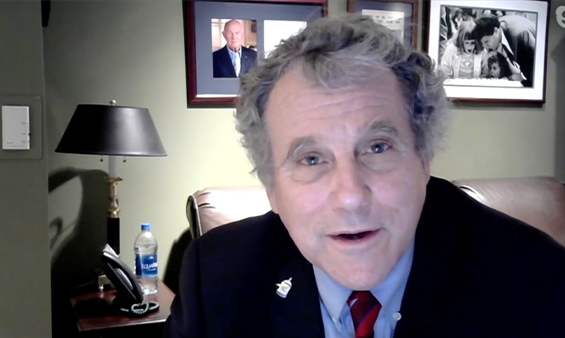
When used responsibly, credit can be a blessing. Banks, credit unions and other financial institutions play a vital role in the efficient functioning of a modern economy, contributing to the common good.
Scripture upholds principles of just and honest commerce, while prohibiting usury, exploitation and oppression of those in need. This includes predatory lending in which vulnerable people with immediate financial needs are lured into short-term, high interest loan agreements that are rolled over from paycheck to paycheck. In many cases annual interest and fees may exceed 300 percent of the loan amount. What starts as a one-time need quickly grows into a long-term debt trap.
Most families experience emergency needs from time to time. Churches, charities and employers can and do help with gifts or loans in times of personal crisis. They can also offer financial literacy classes and model the virtues of disciplined saving, delayed gratification and investment for future needs.
The NAE calls on lenders to design loan products that do not exploit poor and vulnerable borrowers. We call on the Consumer Financial Protection Bureau to investigate predatory lending abuses and to establish just regulations that protect consumers, particularly the most poor and vulnerable among us, from exploitation.



 View All Updates
View All Updates 


























